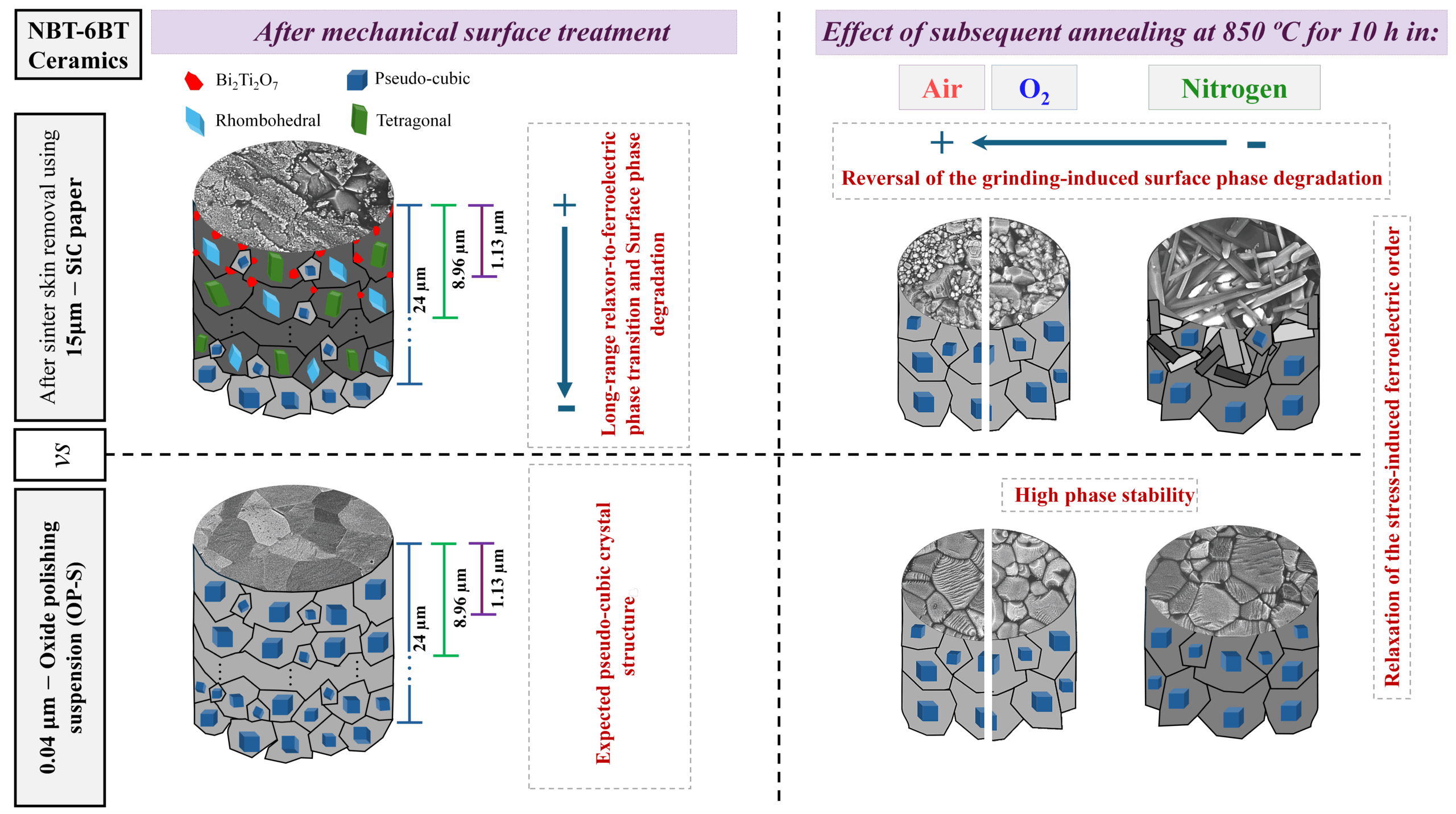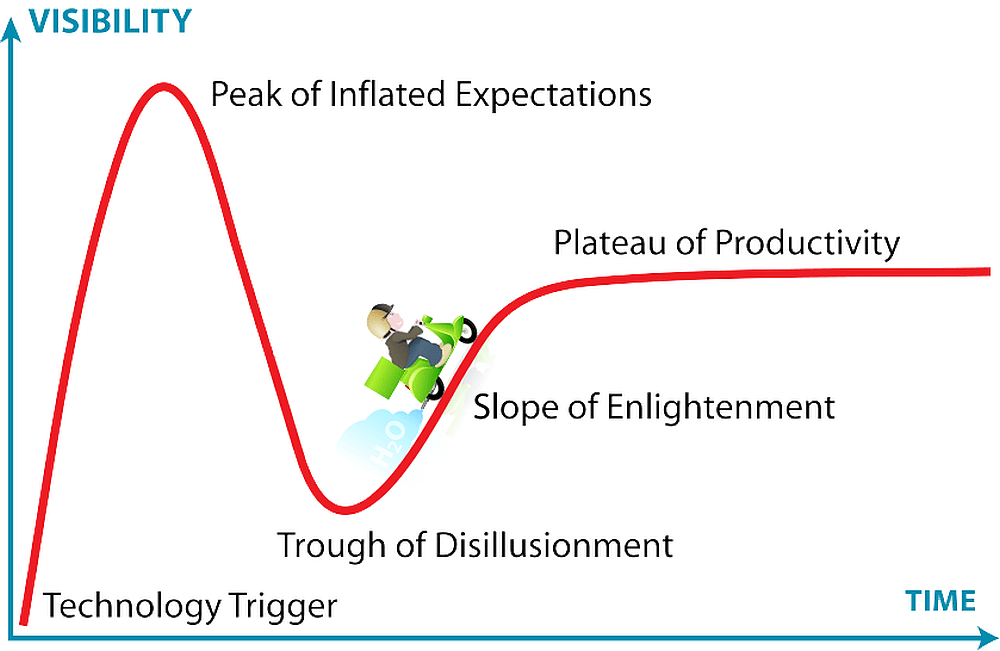(via Rare Metals) The European Commission announced it is trying to assemble a joint effort by governments, nonprofits and businesses to develop the technologies to address climate change and a secure EU energy supply by 2020, while at the same time protecting the competitiveness of its nations’ economies.
The Commission says this will require new investments of at least €50 billion in energy technology research. According to the EU, this will require tripling the current annual investment of the group (from €3 to €8 billion). The EU has already created a roadmap (its Strategic Energy Technology Plan) to guide this spending.
EU commissioner for science and research, Janez Potočnik, says “With today’s estimates, the Commission wants to make the SET Plan a springboard to leap into a low carbon economy, which is only possible if public and private actors pool resources in a coherent way. Increasing smart investments in research today is an opportunity to develop new sources of growth, to green our economy and to ensure the EU’s competitiveness when we come out of the crisis.“
“The investment needs to develop clean and renewable energies can only be met through a wide range of financial instruments. The Commission and the EIB have already significantly increased funding for this purpose. But we need to mobilize more public and private sector funds. We propose to reinforce the Risk Sharing Finance Facility, further support venture capital and develop the Marguerite and other funds,” says Joaquin Almunia, commissioner for economic and monetary affairs.
The EU is targeting six areas: wind, solar, electricity grids, bioenergy, carbon capture and storage and sustainable nuclear fission. The group is also proposing a new initiative on energy efficiency for up to 30 cities (Smart Cities Initiative), “as first enabler for the mass market take–up of energy efficiency, renewables and energy network technologies.”
The commission is calling on the public and private sectors to share and coordinate their investments and efforts. It acknowledges that public-sector support is needed given technological uncertainties and high market risk. At the same time, the commission says this support should be a strong incentive for industry’s involvement. They also suggest that the European Investment Bank may have to play a role in financing the SET Plan.
CTT Categories
- Basic Science
- Energy
- Market Insights


